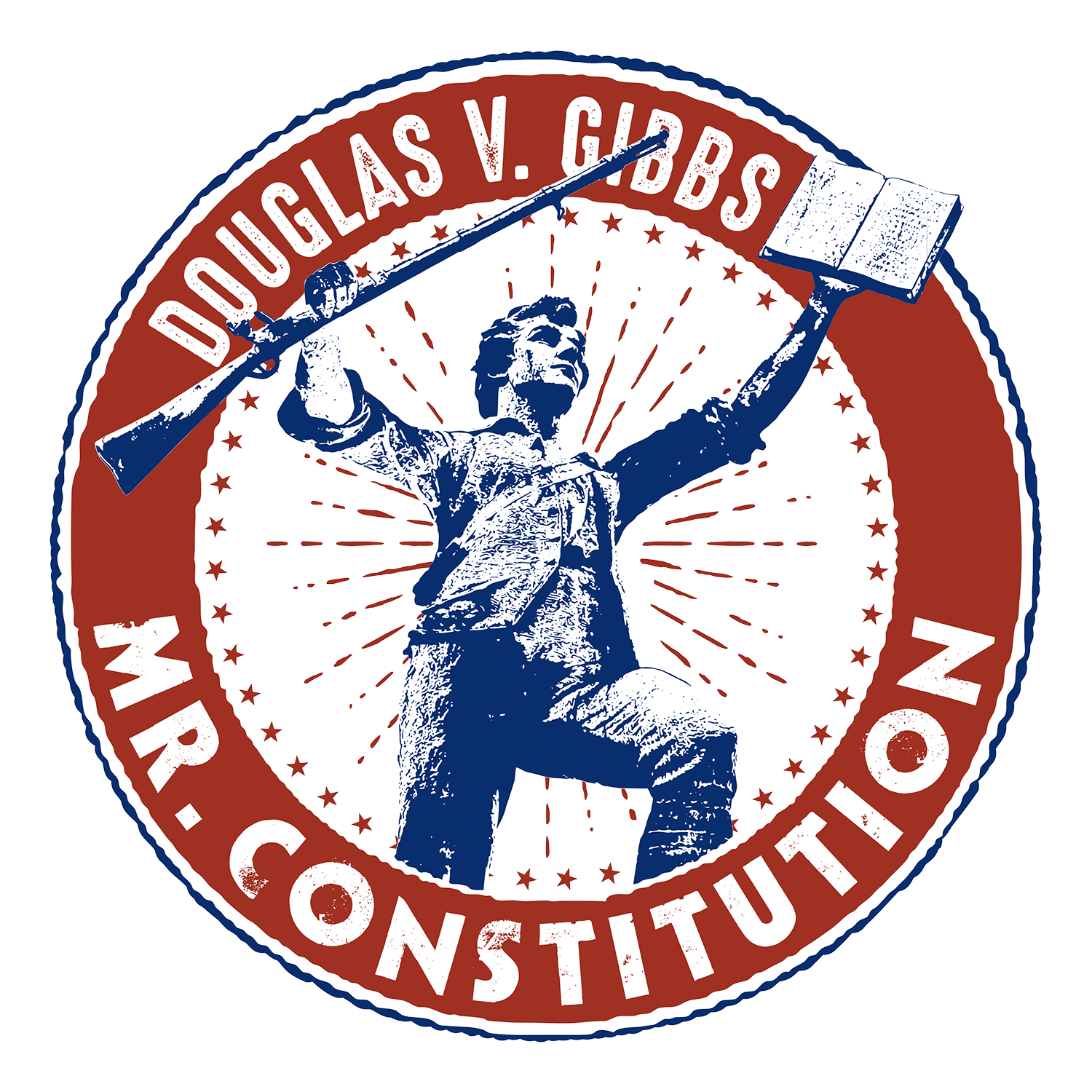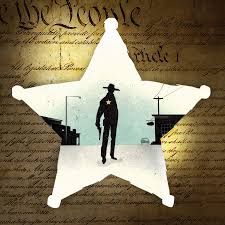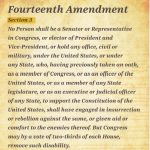By Douglas V. Gibbs
When federal power overreaches, who stands in the gap?
Constitutionally, We the People and the States are the final arbiters of the U.S. Constitution. Congress is supposed to be responsible enough to only pass constitutional laws, and should repeal laws that do not meet constitutional muster. When they do not honor that responsibility it is up to the people for the House of Representatives, and the States for the Senate (or at least before the 17th Amendment), to remove those members of Congress who do not honor their constitutional oath. The courts may hear cases regarding the constitutionality of law, but their job is not to act legislatively and strike down laws they do not like. The courts may, however, if after reviewing a law they find an issue with its constitutionality, issue a judicial opinion. The legislature is supposed to consider the judicial opinion, and act accordingly if the interpretation holds constitutional validity. But, what happens if the federal government begins operating against the Constitution, and the three branches of government are colluding together to begin using their unconstitutionality against the people?
The last line of defense is your county sheriff.
The sheriff is the executive officer of your county, elected directly by the people. That means that the sheriff, since they are not appointed, are not beholden to Washington, the State, nor even your county supervisors. He answers directly to those who put him in office. His authority is local, constitutional, and rooted in tradition. Historically, the federal government could not operate inside a county without the sheriff’s approval. If the sheriff deemed the operation unconstitutional, he had every right to deny access.
That said, there are a few constitutional exceptions.
Article IV, Section 4 of the Constitution requires the federal government to guarantee a republican form of government in the states. That means if a State, or any of the governments within that State, veers from republican principles, federal action doesn’t need a sheriff’s permission. This has been a hotly debated topic between I and a few of my constitutional colleagues. Do I really believe that if the States or any of the governments within a State are operating outside what is considered a republican form of government as laid out by the Constitution, the federal government can send in the troops and fix it?
Yes. And if the sheriff is truly constitutional, they’ll be standing side by side with those federal officers when the protests get violent.
That said, if the sheriff feels the federal government is wrong in their assessment, he still has the authority to resist federal intrusion. But, as the final arbiters of the Constitution, if the people disagree with the sheriff’s actions, they have every authority to remove him from office and put a new sheriff into that seat.
Today’s headlines remind us that there are also a few other exceptions to the “federal government needs the State’s or sheriff’s permission” rule.
Article I, Section 8 provides three more exceptions:
• Executing the laws of the United States
• Suppressing insurrection
• Repelling invasion
Given the framework about the sheriff being the last line of defense against the federal government, I’m surprised Democrats haven’t leaned on their sheriffs to challenge federal officers with the latest attempts by President Trump to execute immigration enforcement. As provided by Article I, Section 8 President Trump and federal agencies like ICE are operating under constitutional authority, but I am surprised the Democrats and their allies have skipped over using the sheriff and went straight to violent mob operations. And since the federal government with ICE are executing federal law, technically their resistance is not and option. They are violating the Constitution and federal law.
Don’t get me wrong. I am not questioning their right to protest. The First Amendment and Freedom of Speech is an important part of the American ideal of liberty, and they can protest all they want. But when their actions become violent, obstructive, and even dangerous to the safety of the federal officers on the ground, their right to protest went from peaceable assemble to non-peaceable assembly; and the latter is not a natural right.
They can peacefully resist. Heck, a sheriff may even choose to resist. That’s their prerogative. But when the sheriff takes up that kind of mantle and it is not in line with the Constitution, then it’s up to the voters to make the adjustment. The question then becomes, are the people informed enough to judge the sheriff’s decision? Will they re-elect him? Will they replace him? That’s the beauty of local constitutional accountability. The sheriff answers to the people. And the people are supposed to be knowledgeable enough about the Constitution to make the right decision.
Violent opposition to federal personnel while they try execute federal law is not the right decision.
— Political Pistachio Conservative News and Commentary



